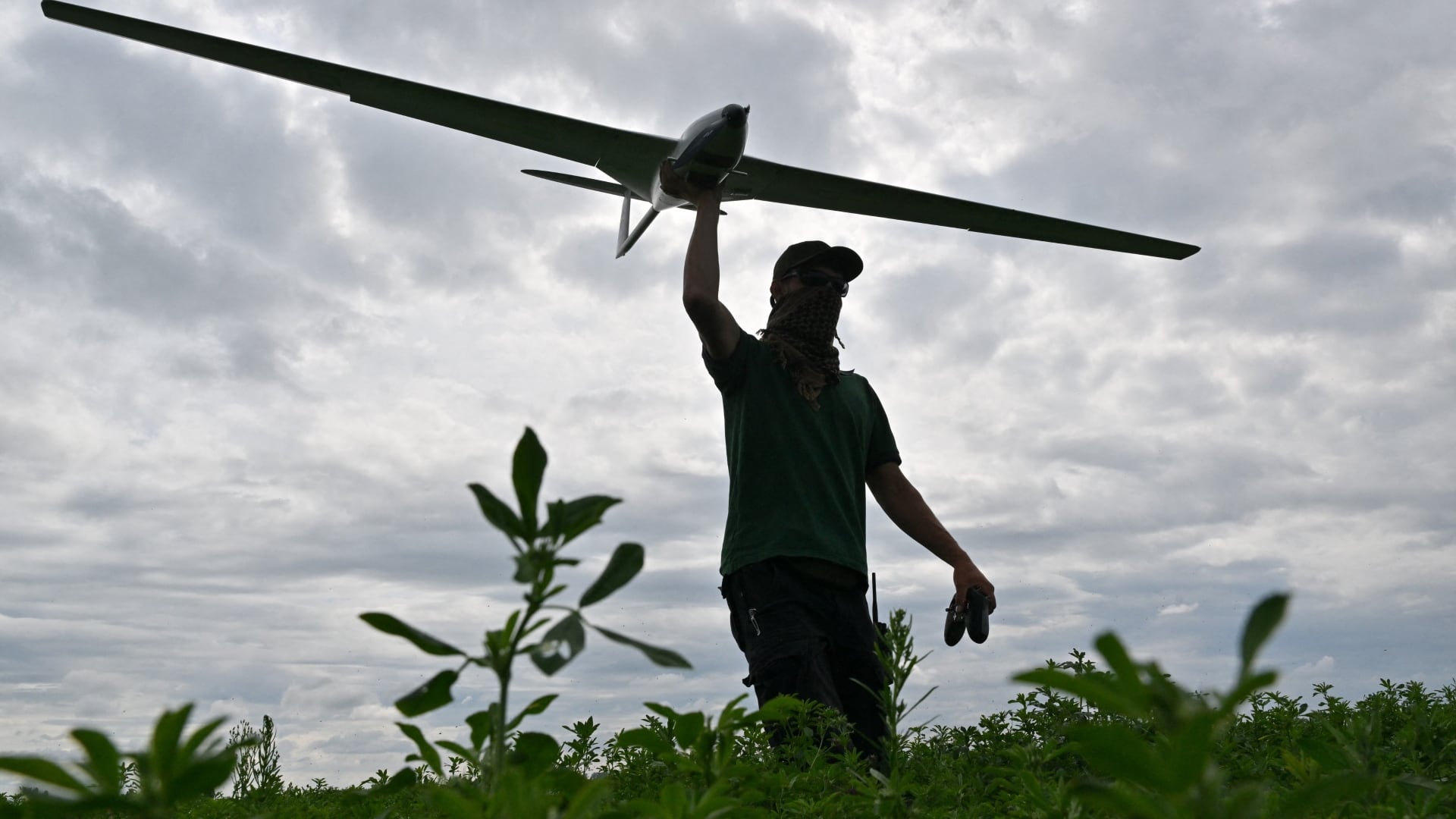*By Chloe Aiello* IBM knows it can't stop natural disasters from striking ー but with the right technology, it can mitigate the distress on affected populations. "We are not going to stop natural disasters, but we can sure get prepared for them and respond to them more effectively than ever before, and I believe, through technology," IBM Chief Digital Officer Bob Lord told Cheddar. IBM inked a multi-year investment with Red Cross and the United Way, and eventually the Clinton Foundation, to open up its blockchain and Watson technology to developers in a competition ー the Call for Code challenge. Thanks to the involvement of the Clinton Foundation, the competition is now targeting university students and hopes to expand participation from 1,000 participants up to 10,000. Last year's competition focused on disaster relief, and Lord said this year's will be a similar challenge. "A lot of these teams went out and they talked to people who had been through these disasters and they gained insight. It was all about preparation, and it was all about being able to respond and prioritize secondarily after the disaster happened," Lord said. "If you think about all the innovative technology that we have at IBM, we really are unleashing it to solve some of the major societal issues that we have, focused specifically here on natural disasters in 2018 and 2019," he added. Last year's winners, the team behind Project Owl, created an A.I.-powered disaster platform paired with an infrastructure of Internet of Things devices that can reach people even when communications are down. Lord said it can help first responders know who needs what and where. The team looks to deploy Project Owl in Puerto Rico, which was devastated by Hurricane Maria in 2017. "The idea is once we get all those ideas, we can put them into an open source world and then we can actually focus on activating those ideas in market, like we are doing with Project Owl," Lord said. For full interview [click here](https://cheddar.com/videos/ibm-partners-with-clinton-global-initiative-university-to-battle-natural-disasters).












